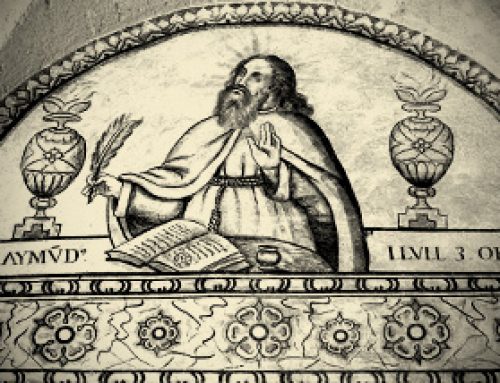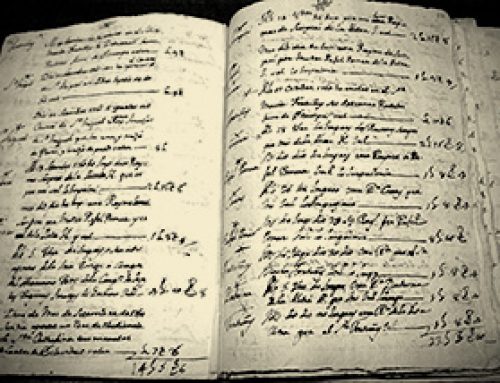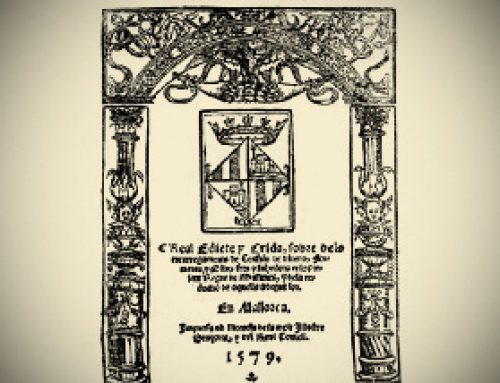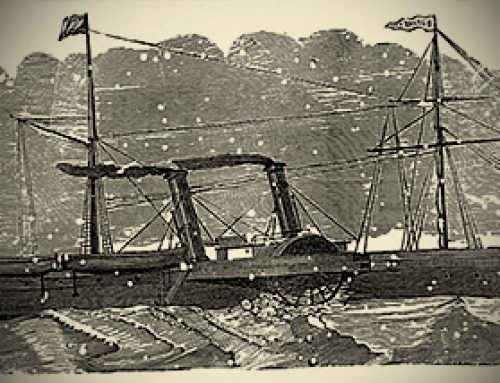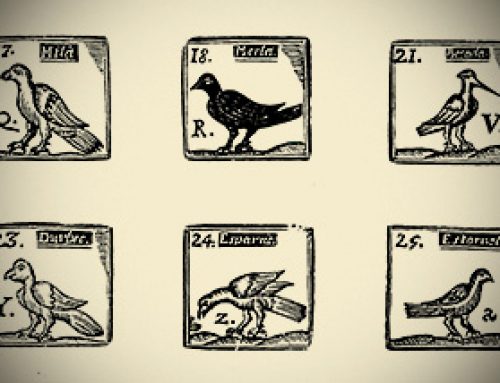Project Description
ICERI 2010. Proceedings of the Internaational Conference of Education Research and Innovation
Madrid (15-11-2010/17-11-2010)
Abstract
The Master’s Degree in Cultural Heritage: Research and Management, Department of Historical Studies and Theory of Arts, University of the Balearic Islands, has a load of 120 ECTS, divided in four semesters (two years), three of which are the latest teaching and practice in an external institution and a master thesis. It has been running since the academic year 2007-2008, with an average of 25-30 students per course. The Master is the two-doctoral training program administered by the Department: History and Art History. It gathers a specialized academic character and other professional, so its design had an impact on the load in ECTS credits (20) of the external practices, signing agreements with more than thirty institutions and cultural enterprises of the Islands. This need to connect to the work environment led to one of the objectives of teaching innovation project consisted of directly involve a local institution. After the experience of two calls the Master, a research team composed of four professors responsible for two subjects “Tourism and Cultural Heritage” and “Archaeological Heritage Management”) and two first-year elective (“Photographic Heritage: history, documentation” and “Plans of popularization of Heritage”), considered it appropriate to raise a reflection on the dynamics and student learning. This has been accommodating the different variables that characterize the title variety of subjects (23) included in the curriculum, with three priority lines of work (artistic, documentary and archaeological), predominance of electives (19) on compulsory (4) classroom attendance compulsory for enrolled heterogeneous training, specific skills in each subject varied, and overall objectives of the Master. The ultimate intention is that this particular experience should serve as the basis for a comprehensive coordination of all subjects of the master. The proposal was presented to the call for aid for innovation projects and improving teacher quality (academic year 2008-2009) organized by the University of the Balearic Islands, and was carried out in the second semester of 2008-2009. Their conclusions have been drawn up in January and February 2010. These are the objectives, methodology and findings of a teaching innovation project carried out in the official Master in Cultural Heritage at the University of the Balearic Islands. We do special emphasis on the involvement of students, coordination of courses and generic and specific skills, and the design of a SWOT protocol (SWOT: Strengths, Weaknesses, Opportunities, Threats) to assess the weaknesses, threats, strengths and opportunities for developing a common training program in four different subject. Keywords: Cultural heritage management, educational innovation, dissemination of heritage, heritage education.
Se puede ver el pdf completo aquí
